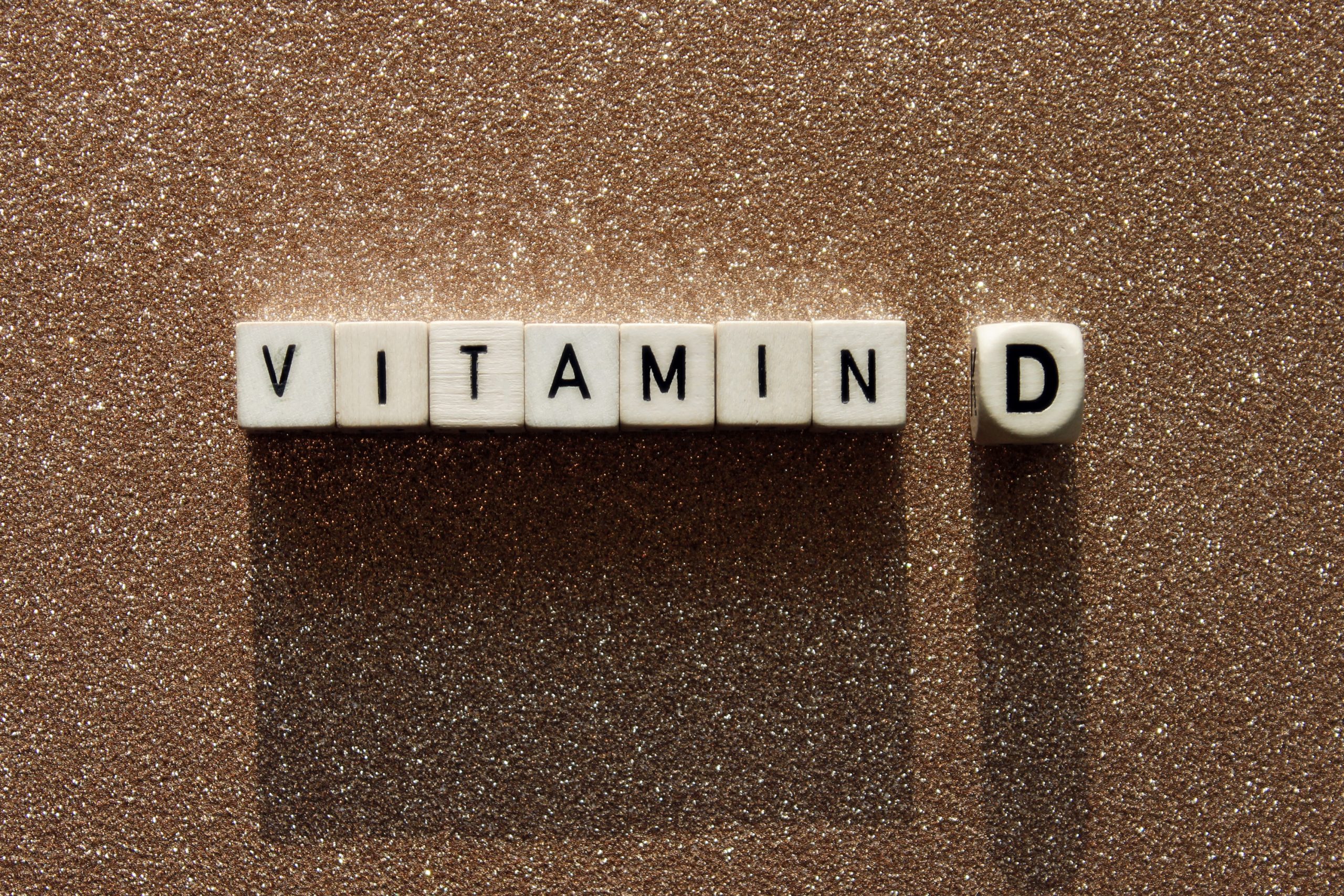Can vitamin D help in the fight against Covid-19? We asked the experts

As coronavirus takes it hold across the globe, many will be wondering what they can do to support their health in addition to following the government’s latest guidance on the pandemic.
In a recent tweet Dr Tedros Adhanom Ghebreyesus, Director of the World Health Organisation (WHO) advised, amongst other measures that the public should be ‘eat[ing] a healthy & nutritious diet which helps your immune system to function properly’.
Within the above broad statement many have been questioning if there are specific changes to their diet they can make – including taking specific supplements such as vitamin D – which can help protect them in some way from coronavirus.
In response to the above, the Association of UK Dieticians (BDA) clarifies that, “simply put, you cannot “boost” your immune system through diet, and no specific food or supplement will prevent you catching COVID-19/Coronavirus.”
They go on to say that, “good hygiene practice remains the best means of avoiding infection.”
However, the BDA do acknowledge that there are a number of nutrients that can support the normal function of the immune system, including vitamin D, saying they would, “encourage maintaining a health balanced diet in order to support immune function (include copper, folate, iron, selenium, zinc and vitamins A, B6, B12, C and D).”
Vitamin D and the immune system
Konstantin Karuzin, Co-founder and Medical Director at Bioniq – an innovative personalised supplement service – expands on vitamin D’s role in the immune system, saying, “Among its many other functions, vitamin D also enhances immunity, triggering in the body the synthesis (or fusion) of its own antimicrobial peptides (cathelicidin and defensin), both of which play an important role in defending the body from foreign invaders.
Sign up to our free daily email for the latest royal and entertainment news, interesting opinion, expert advice on styling and beauty trends, and no-nonsense guides to the health and wellness questions you want answered.
“Vitamin D is also involved in the activation of T cells in the body, which play a key role in immune response. Therefore, it is important to ensure you have adequate levels of this vitamin to help strengthen immunity and prevent viral diseases."
Should I take a vitamin D supplement during the coronavirus outbreak?
The BDA say that now we’re in spring we should be topping up our vitamin D levels by spending time outside, such as in a balcony or garden. However, if you’re in a situation where you’re self-isolating and not able to get outside they say we should consider taking a daily 10 microgram vitamin D supplement (for adults and children over the age of one) in order to “ensure a healthy vitamin D status”. This is something that is normally only recommended by the government during autumn and winter for most groups.
In addition to the above, it’s also worth remembering that there are also a number of vitamin-D rich foods we can incorporate into our diet including the below:
- Red meat
- Liver
- Egg yolks
- oily fish – such as herring, mackerel, salmon and sardines
- Fortified foods such as some breakfast cereals
What about the link between vitamin D and warding off respiratory tract infections (RTIs)?
RTIs can affect the sinuses, throat, airways or lungs. Coronavirus has been associated with mild to moderate respiratory illness for most people, while those in more vulnerable groups such as those with pre-existing health conditions are more likely to develop serious illness, including serious respiratory illness.
And while links have been made between vitamin D and RTIs, there hasn't, to date, been a concrete link made between vitamin D and Covid-19.
MORE:Over 50s women are at risk of THIS vitamin deficiency, scientists reveal
On the former, Helena Gibson-Moore, Nutrition Scientist, at the British Nutrition Foundation (BNF), said, “Observational studies suggest an association between low vitamin D status and the increased likelihood of developing acute RTIs, including colds and flu. However, systematic reviews of randomised controlled trials (RCTs, the gold standard of studies) with vitamin D supplementation have had mixed results, with some suggesting reduced risk and others showing no effect.
“An in depth review by the Scientific Advisory Committee on Nutrition (SACN, the independent body that advises Government on matters relating to diet, nutrition and health) on vitamin D and health in 2016 found there was insufficient evidence to draw firm conclusions and did not support recommending vitamin D supplementation to reduce the risk of RTIs.”
So, what’s the conclusion?
Yes, we do all need adequate levels of vitamin D to support our diet but there have been no concrete links made between vitamin D and fighting off coronavirus COVID-19.
Miriam worked for woman&home for over five years and previously worked on the women's lifestyle magazines Woman and Woman's Own.